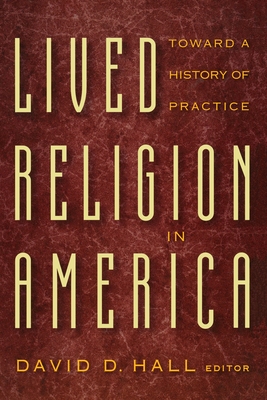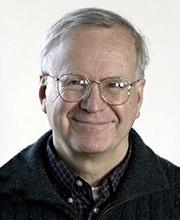

 Princeton University Press
Princeton University Press
Lived Religion in America: Toward a History of Practice


Key Metrics
- David D Hall
- Princeton University Press
- Paperback
- 9780691016733
- 9.19 X 6.06 X 0.75 inches
- 1.02 pounds
- Religion > History
- English
 Secure Transaction
Secure TransactionBook Description
At once historically and theoretically informed, these essays invite the reader to think of religion dynamically, reconsidering American religious history in terms of practices that are linked to specific social contexts. The point of departure is the concept of lived religion. Discussing such topics as gift exchange, cremation, hymn-singing, and women's spirituality, a group of leading sociologists and historians of religion explore the many facets of how people carry out their religious beliefs on a daily basis. As David Hall notes in his introduction, a history of practices encompasses the tensions, the ongoing struggle of definition, that are constituted within every religious tradition and that are always present in how people choose to act. Practice thus suggests that any synthesis is provisional.
The volume opens with two essays by Robert Orsi and Dani�le Hervieu-L�ger that offer an overview of the rapidly growing study of lived religion, with Hervieu-L�ger using the Catholic charismatic renewal movement in France as a window through which to explore the coexistence of regulation and spontaneity within religious practice. Anne S. Brown and David D. Hall examine family strategies and church membership in early New England. Leigh Eric Schmidt looks at the complex meanings of gift-giving in America. Stephen Prothero writes about the cremation movement in the late nineteenth century. In an essay on the narrative structure of Mrs. Cowman's Streams in the Desert, Cheryl Forbes considers the devotional lives of everyday women. Michael McNally uses the practice of hymn-singing among the Ojibwa to reexamine the categories of native and Christian religion. In essays centering on domestic life, Rebecca Kneale Gould investigates modern homesteading as lived religion while R. Marie Griffith treats home-oriented spirituality in the Women's Aglow Fellowship. In Golden- Rule Christianity, Nancy Ammerman talks about lived religion in the American mainstream.
Author Bio
David D. Hall has taught at HDS since 1989, and was Bartlett Professor of New England Church History until 2008, when he became Bartlett Research Professor. He writes extensively on religion and society in seventeenth-century New England and England.
His books include The Faithful Shepherd: A History of the New England Ministry in the Seventeenth Century; Worlds of Wonder, Days of Judgment: Popular Religious Belief in Early New England; Puritans in the New World: A Critical Anthology and, most recently, A Reforming People: Puritanism and the Transformation of Public Life in New England (2011). He has edited two key collections of documents: The Antinomian Controversy of 1636–1638: A Documentary History and Witch-Hunting in Seventeenth-Century New England: A Documentary History, 1638–1693.
Another interest is the "history of the book," especially the history of literacy and reading in early America. He edited, with Hugh Amory, The Colonial Book in the Atlantic World, the first of a five-volume series of which he was the general editor.
He continues to study and write about religion and culture in early America, with particular attention to "lived religion," and is presently writing a general history of Puritanism in England, Scotland, and New England c. 1550 to 1700, to be published by Princeton University Press.
- Education
- A.B., Harvard College, 1958 (History and Literature)
Ph.D., Yale University, 1964 (American Studies)
Source: Harvard Divinity School
Videos
No Videos
Community reviews
Write a ReviewNo Community reviews